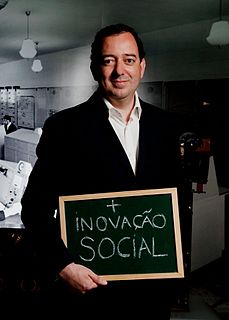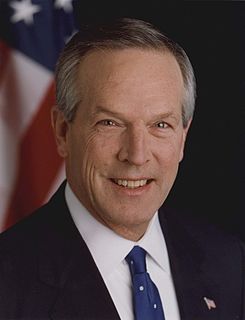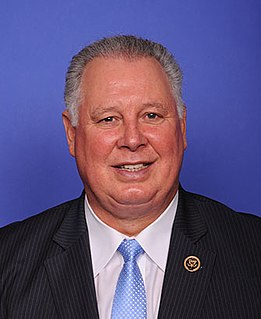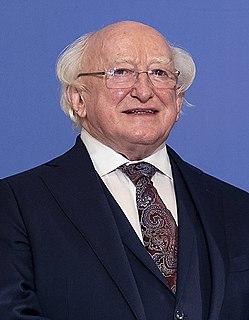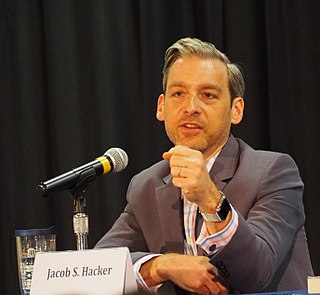A Quote by Mona Sutphen
The United States should pursue a more robust agenda for U.S. competitiveness and innovation focused on a lower-carbon economy, including investments in education, basic research and development, infrastructure, retraining, retirement security, and universal health care.
Quote Topics
Agenda
Basic
Basic Research
Carbon
Care
Competitiveness
Development
Economy
Education
Focused
Health
Health Care
Including
Infrastructure
Innovation
Investments
Lower
More
Pursue
Research
Research And Development
Retirement
Robust
Security
Should
States
United
United States
Universal
Universal Health Care
Related Quotes
In the eighties and nineties, the innovation agenda was exclusively focused on enterprises. There was a time in which economic and social issues were seen as separate. Economy was producing wealth, society was spending. In the 21st century economy, this is not true anymore. Sectors like health, social services and education have a tendency to grow, in GDP percentage as well as in creating employment, whereas other industries are decreasing. In the long term, an innovation in social services or education will be as important as an innovation in the pharmaceutical or aerospatial industry.
Of course each citizen should try to educate him or herself, but only after receiving some essential, basic blocks of knowledge. Formal education should always be free; from kindergarten to PhD. It is free in many European countries, and in several Latin American ones (including Cuba, Mexico and Argentina). China is returning to free education, as it is returning to universal health care. In countries like Chile, people are on the streets right now fighting for free education, and they are winning!
The government also has to get the public rules right. That means putting a price on carbon, so the cleaner forms of energy become more competitive. As soon as that happens, a tidal wave of new capital, innovation and entrepreneurship will flood into the clean energy space - creating new jobs and opportunities for Americans of all walks of life. We did that for the internet, with public investments in the basic system through the Pentagon, followed by rules that encouraged innovation and competition. And that is why the internet took off in the United States first.
Besides the devastating impact that the Ryan budget has directly on individuals, it does nothing to support job creation or our global competitiveness. Investments in both are drastically affected through cuts in funding for transportation and infrastructure projects, as well as funding for research and development.
America needs the best education system in the world. We have it in higher education. We do not have it in general education for all of our people - the K-12 education. Other nations are far, far outdoing the United States in that area. We still have the lead in research, but once again, other nations are pouring more into research also. We still have a lead, but to me it's just very, very important that we keep that lead in basic research.
If you look at how the US economy has suffered over the last 15 or 20 years, it's in significant part because we haven't done the investments in research and development and infrastructure and other public goods that are necessary for our growth. And, unfortunately, we're going to be feeling that overhang for a long time to come, because it's the investments we made in the 1950s and '60s and '70s that result in some of the greatest technological breakthroughs that we enjoy today.


